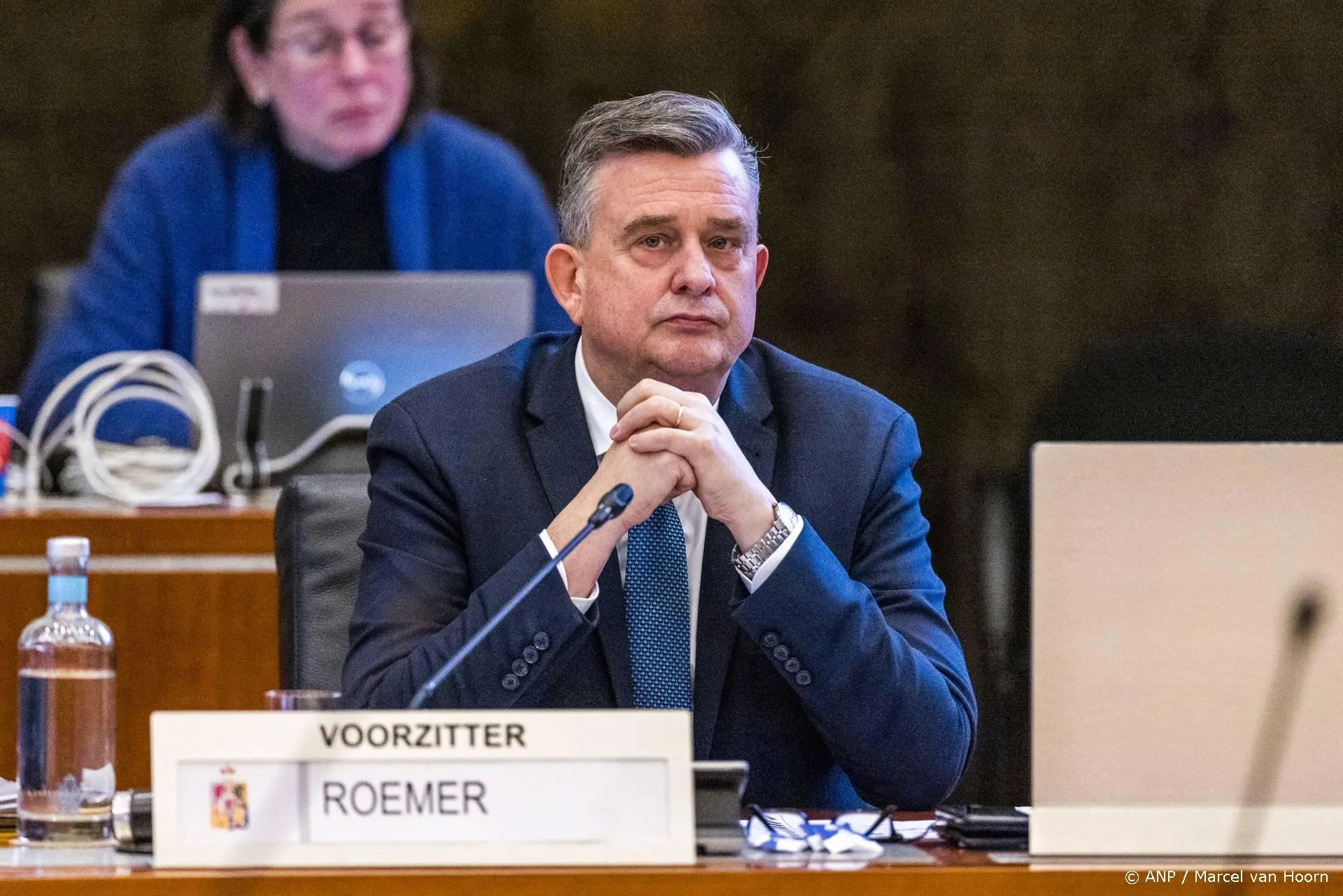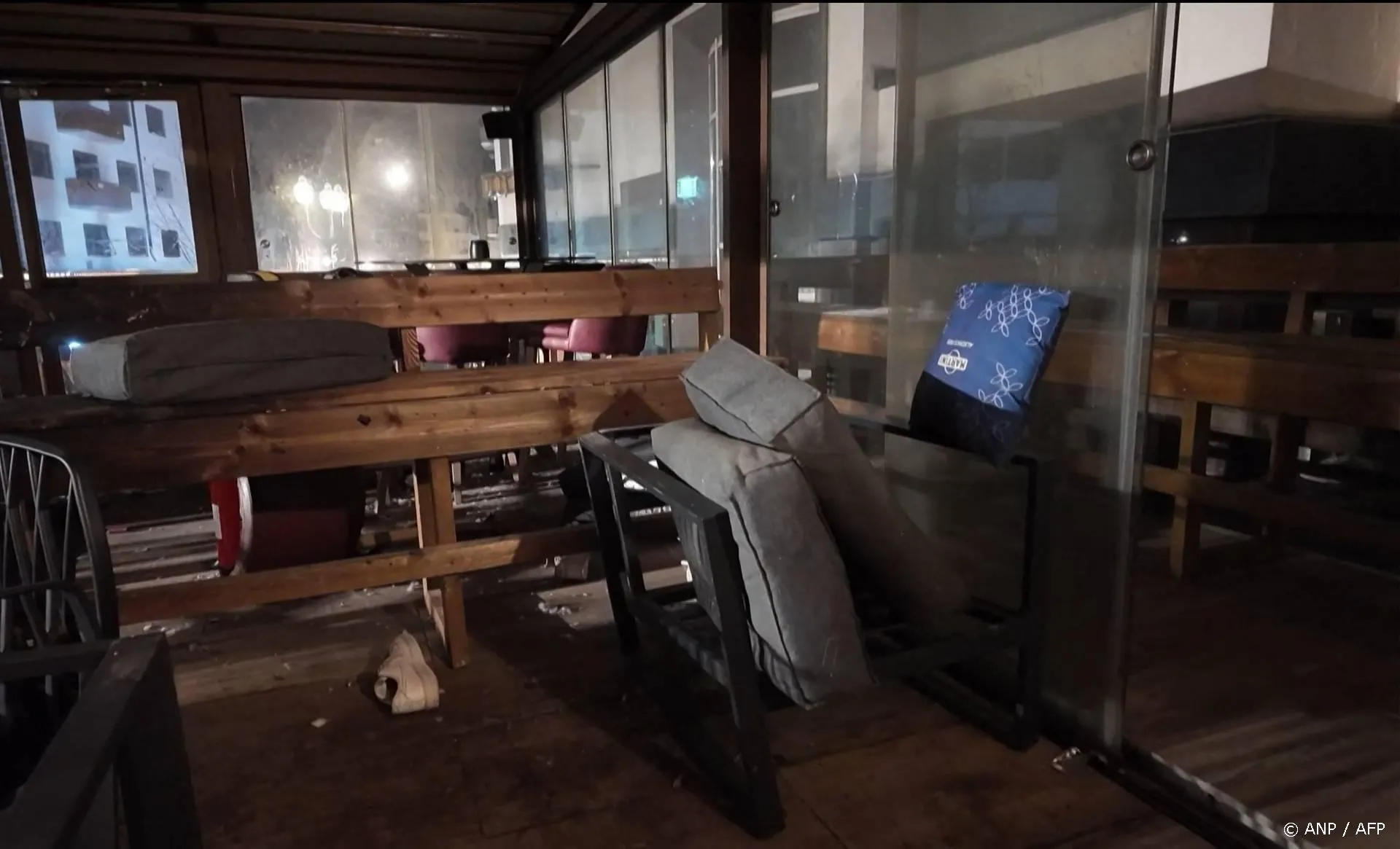Overheden verscheuren contracten
Onder druk wordt alles vloeibaar. Verschillende landen verlagen garantieprijzen voor afname duurzame energie.
Onder de titel, 'Governments rip up renewable contracts' schreef Brady Yauch voor de Canadese Financial Post:
Governments across Europe, regretting the over-generous deals doled out to the renewable energy sector, have begun reneging on them. To slow ruinous power bills hikes, governments are unilaterally rewriting contracts and clawing back unseemly profits.
In Italy, one of Europes largest economies and one that lavished billions in subsidies on the renewable sector, the government in 2013 applied its so-called Robin Hood tax to renewable energy producers. Under the new rule, renewable energy producers with more than 3 million in revenue and income greater than 300,000 must now pay a tax of 10.5%.
That follows a 2012 move to charge all solar producers a five cent tax per kilowatt hour on all self-consumed energy. The government also told solar producers that it would stop taking their power and would offer no compensation when their output overwhelms the system.
The result of these and other changes, says the solar industry, has been a surge in bankruptcies and a massive decrease in solar investment.
In Belgium where both regional and federal bodies hand out renewable subsidies a number of retroactive changes have capped the largesse renewable producers once received. In one region the price for green certificates which producers received for renewable energy was slashed by 79%. The government original committed to buy green certificates at a benchmarked price for 20 years, then cut it to 10 years. ...
As in Italy, Belgiums renewable sector in the country has gone dark imploded in the view of a solar industry publication. Many companies shrank or went bankrupt.
In France the government last year cut by 20% the guaranteed rate offered to all solar producers, and retroactively applied it to projects connected to the grid in the previous three months. The government is also considering ending an 11% tax break on solar energy producers.
Perhaps the most dramatic moves occurred in Spain, for years the poster child for those touting a transition to green energy. Since 2000, Spain has given renewable producers $41-billion more for their power than it has fetched on the open market. To recover those subsidies, the Spanish government recently killed its Feed In Tariff (FIT) program for renewables, which paid them an outlandishly high guaranteed price for their power, replacing it with the market price for their power plus a subsidy deemed more reasonable. .
The fallout in Spain was immediate. Its solar sector, which once employed 60,000 workers, now employs 5,000. The wind sector is estimated to have laid off 20,000 workers. ... Investment in the sector also collapsed. In 2011, Spain attracted $10 billion in solar investment. In 2013, the level of investment dropped by almost 90%.
Spains Supreme Court offered no sympathy to the solar industry, in ruling against its argument that the governments retroactive changes were wrong. The evolution of the energy sector was putting the financial sustainability of the electricity system at risk, the court decided, adding that the companies do not have a right [to expect the government compensation regime] not to be changed.
Europes renewable energy investors are facing a harsh reality that the promises from politicians can be taken away at any moment. .
Lees verder hier.
En daarmee verdampen dus ook al die prachtige groene banen, die ons waren beloofd.
Wat in Italië, België, Frankrijk en Spanje is gebeurd en wat ook in Engeland en Duitsland staat te gebeuren kan eveneens in Nederland plaatsvinden. Terugschroeven van genereuze subsidieregelingen in het ene land vormt een aansporing voor andere landen om hetzelfde te doen - een soort zwaan-kleef-aan-effect dus.
Als ik ooit aanvechting zou voelen om geld te investeren in duurzame energie (ik kan mijn trouwe lezers geruststellen: dit is een zuiver hypothetische casus) zou ik mij nu wel drie maal bedenken om dat te doen.
Voor mijn eerdere DDSbijdragen zie hier.
Ga verder met lezen
Dit vind je misschien ook leuk
Laat mensen jouw mening weten
Lees ook
Loading


